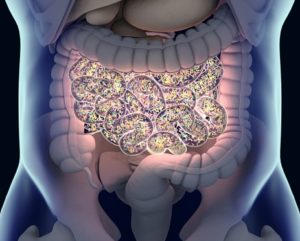Clostridioides difficile infection (CDI) is a significant cause of gastrointestinal infections in healthcare settings, with its associated colonic inflammation largely attributed to the bacterium’s toxins, notably toxin B (TcdB). Recent research reveals that TcdB incites neurogenic inflammation by acting on afferent neurons and pericytes in the gut, using receptors such as Frizzled receptors in neurons and chondroitin sulfate proteoglycan 4 (CSPG4) in pericytes. This interaction leads to the secretion of neuropeptides substance P (SP) and calcitonin gene-related peptide (CGRP) from neurons, as well as pro-inflammatory cytokines from pericytes. Employing a method termed toxogenetics, which involves the targeted delivery of the TcdB enzymatic domain into peptidergic sensory neurons, researchers were able to induce neurogenic inflammation and replicate major colonic histopathology seen in CDI. These findings suggest that neurogenic inflammation plays a crucial role in CDI pathogenesis.
Reference: Manion J, Musser MA, Kuziel GA, et al. C. difficile intoxicates neurons and pericytes to drive neurogenic inflammation. Nature. 2023 Oct;622(7983):611-618. doi: 10.1038/s41586-023-06607-2. Epub 2023 Sep 12. PMID: 37699522.









